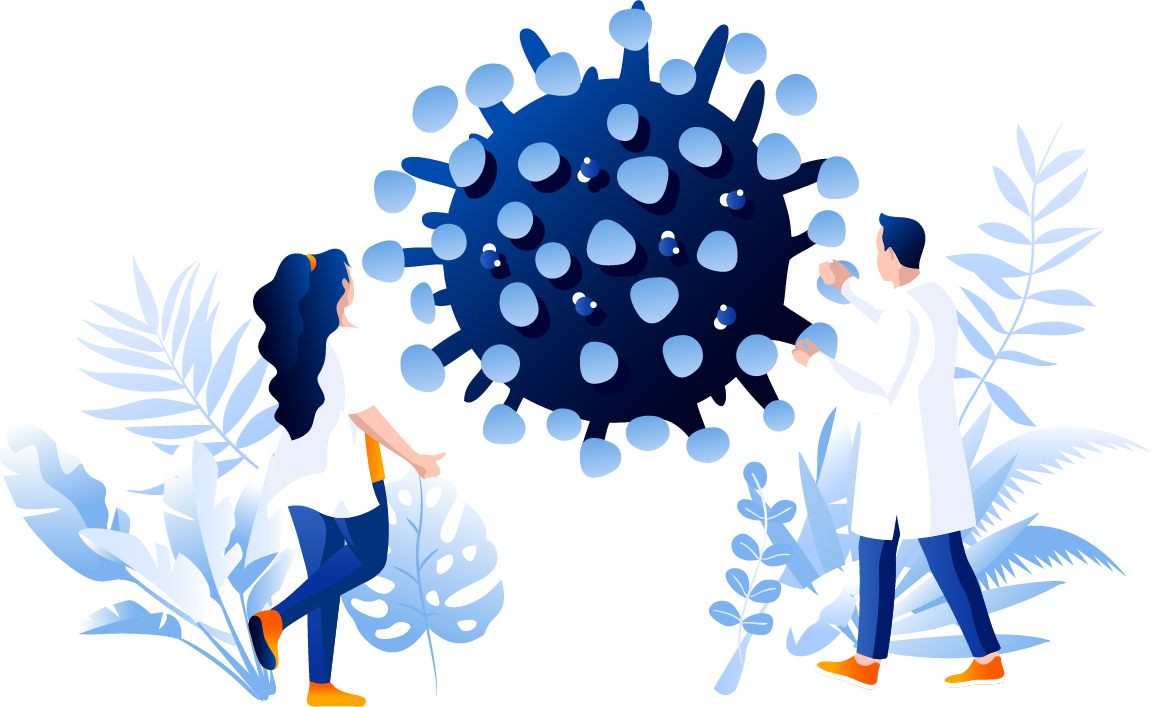Many areas of Delhi, Mumbai, and other Indian cities have experienced waterlogging as a result of the recent heavy rainfall. Stale water can facilitate the growth of bacteria as well as molds growths since it also encourages mosquito breeding. In the recent past, there have been numerous cases of stomach infections while record numbers indicate an increase in such diseases as dengue, malaria, chikungunya among other vector-transmitted ailments . Therefore, other than just carrying umbrellas and rain coats , it is necessary for people to take more precautions during this rainy season which will probably be prolonged. To prevent mosquitoes from breeding, make sure your house is not surrounded by water and take protective measures against diseases. Drinking water should be boiled before consumption, and avoid eating foods that might be contaminated with germs due to their preparation in unclean places.
Mosquito-transmitted diseases like dengue fever, malaria, and the Zika virus can spread quickly in areas with standing water.
Common illnesses brought on by Waterlogging:
•Eye infection: Waterlogging can raise the possibility that your eyes get infected leading to keratitis and conjunctivitis among others. Pathogens from the water or long-time in wet surroundings can cause these, at times showing meanings such as reddish discoloring and swelling or even tenderness.
•Dengue fever: Dengue fever can be caused by stagnant water in flooded areas providing an optimal breeding site for Aedes mosquitoes which also spread the dengue virus. Dengue fever results in severe flu-like symptoms that may include a high fever, muscle aches and joint pains together with headaches among others(more clarifications). In extreme cases, this may lead to hemorrhagic fever.
•Chikungunya: Just like dengue fever, the spread of Chikungunya is through mosquitoes, which breed in damp areas such as deltas. When you catch Chikungunya, the disease symptoms are fever, joint pain, rash, and exhaustion. Every individual’s life will be greatly affected through a prolonged duration of these signs.
•Cholera: This severe diarrheal sickness is caused by the bacterium Vibrio cholera. Symptoms of cholera include watery diarrhea, vomiting, muscle cramps and dehydration; it is gotten from contaminated water or food.
•Typhoid Fever: The cause of this dangerous bacterial infection is Salmonella typhi. It is transmitted by tainted food or water. Typhoid fever symptoms include fever, headache, lethargy, coughing, constipation, and reddish spots on the abdomen and chest.
•Hepatitis A: There are some symptoms, which may include fever, fatigue and appetite loss, that are caused by a disorder of the liver known as Hepatitis A. Moreover, this disease is contracted through contaminated food and water sources characterizing it with jaundice being one of the indicators including dark urine containing blood.
•Malaria: Malaria is an illness spread by mosquitoes, which is caused by parasite Plasmodium and presents symptoms like fever, chills, headaches, muscle aches, and exhaustion.
•Infections of the skin: A lot of skin conditions like dermatitis, eczema, and fungal infections can result from long-term presence in wet places. The merge of a lot of moisture with the presence of fungi as well as bacteria facilitates the perfect atmosphere for these infections to spread.
Take the following precautions to stop the spread of illnesses brought on by waterlogging:
•Drink only bottled or boiling water, and stay away from water that may have been contaminated from sources like rivers, lakes, or streams.
•Maintain good hygiene by frequently washing your hands with soap and water, particularly before you eat, after using the restroom, and right after changing diapers.
•Cook food all the way through, Make sure food is cooked thoroughly to get rid of any potential bacteria.
•Apply insect repellent: Apply insect repellent to keep mosquitoes away from you.







